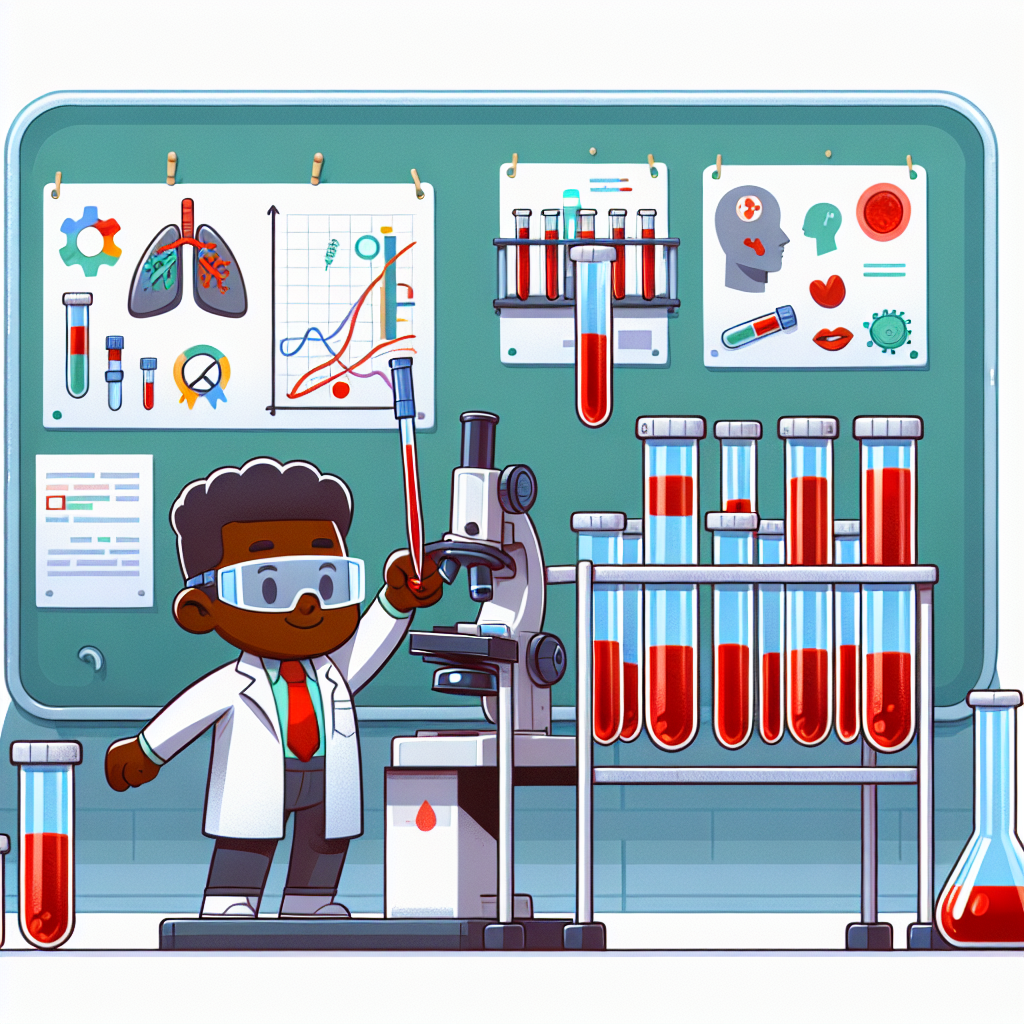Ethical Use of Leftover Clinical Samples: New Guidelines Issued
The Union Health Ministry has introduced new guidelines for ethically using leftover, de-identified clinical samples from diagnostic or surgical procedures. These samples, often considered biomedical waste, can be valuable for research and commercial use. Ensuring anonymity and data security is crucial, with transparency and affordability emphasized.

- Country:
- India
The Union Health Ministry has introduced comprehensive guidelines for the ethical use of 'leftover, de-identified and anonymous' samples generated from diagnostic or surgical procedures for commercial purposes.
The guidelines cover a wide range of specimens including organs, cells, tissues, blood, and other bodily fluids. These samples, sourced from patients, autopsies, and tissue banks, often go to waste despite their potential value in research and development.
The Ministry outlined the importance of de-identifying these samples to ensure patient confidentiality. Commercial companies have shown keen interest in utilizing these bio-samples to develop innovative diagnostic kits and therapies, ultimately aiming to enhance patient care and outcomes.
(This story has not been edited by Devdiscourse staff and is auto-generated from a syndicated feed.)










